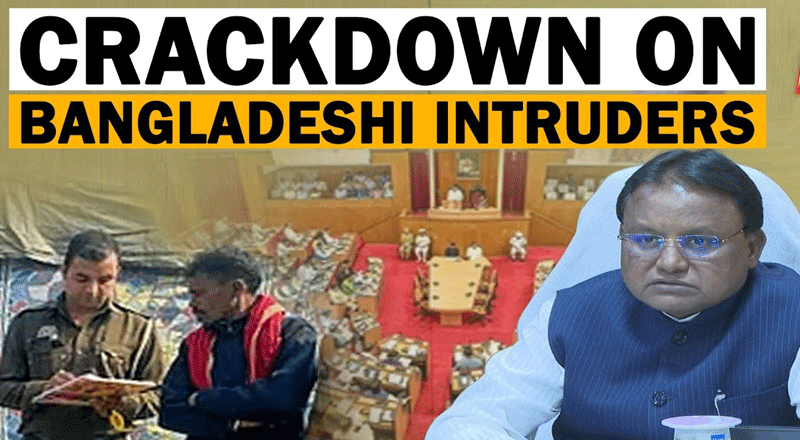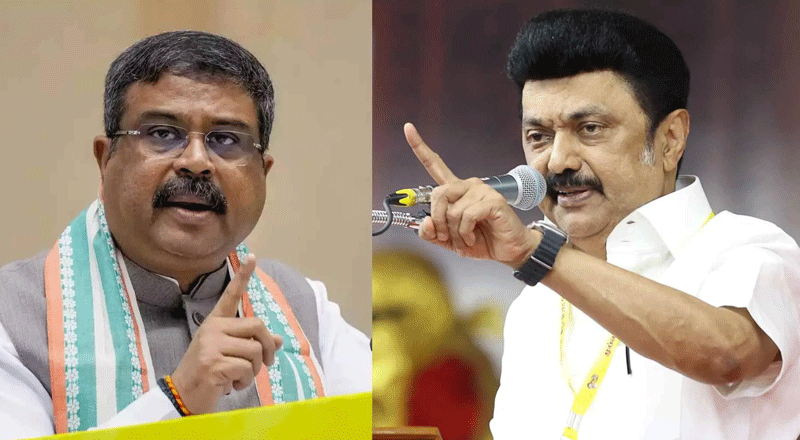A Dramatic Discovery Sparks Uproar
The Rajya Sabha witnessed an unprecedented controversy on Friday as a bundle of cash was discovered on Congress MP Abhishek Manu Singhvi’s seat during a routine anti-sabotage check. The incident triggered a political storm, with members from both the opposition and treasury benches trading accusations. Amid the heated exchanges, Rajya Sabha Chairman Jagdeep Dhankhar confirmed that an investigation had been initiated to determine how the cash ended up in the parliamentary chamber. This unusual occurrence has raised serious questions about the integrity of parliamentary proceedings and prompted calls for a thorough inquiry.
The Incident: Cash Found on a Parliament Seat
Chairman Dhankhar informed the House that security officials discovered the cash on seat number 222, allotted to Abhishek Manu Singhvi. The announcement caused immediate uproar, with members expressing shock and demanding answers. The BJP characterized the event as a blow to the dignity of the Rajya Sabha, while opposition leaders questioned the propriety of naming Singhvi before the conclusion of the investigation.
In his response, Singhvi denied any knowledge of the cash, emphasizing that he only carried a ₹500 note to the House. He detailed his movements on the day, asserting that he spent merely three minutes in the chamber before leaving for the canteen. “It is bizarre to politicize such matters,” he remarked, adding that the incident underscores the need for stringent seat security measures.
Political Reactions: Allegations and Counterarguments
The discovery ignited sharp exchanges between political parties. BJP leaders, including JP Nadda and Sudhanshu Trivedi, linked the incident to allegations of corruption against the Congress party. Nadda termed it a “serious matter” that undermines the Rajya Sabha’s integrity, expressing confidence in the Chairman’s assurance of a detailed probe.
Trivedi further accused Congress of displaying indifference, stating, “It seems they are so accustomed to dealing with large sums of money that they don’t even notice when some is left behind.”
On the other hand, Congress leaders, including Mallikarjun Kharge, criticized the Chairman’s decision to name Singhvi publicly, arguing that it was inappropriate to do so before the investigation was completed.
Abhishek Manu Singhvi’s Defense: Calls for Fairness
Singhvi was quick to refute the implications of wrongdoing, describing the event as unprecedented and inexplicable. He highlighted the risks of unfounded allegations and pointed out the practical challenges of ensuring security for parliamentary seats. “How can anyone prevent people from placing items on a seat and then making allegations?” Singhvi asked, proposing that MPs might need lockable seats to avoid such incidents in the future.
Institutional Response: Investigation Ordered
Chairman Dhankhar assured members that a comprehensive investigation would be conducted to uncover the truth. While opposition leaders like Manoj Tiwari demanded swift action, Parliamentary Affairs Minister Kiren Rijiju defended the Chairman’s decision to disclose the details, arguing that transparency was essential in maintaining public trust.
The investigation will likely examine surveillance footage, security protocols, and possible motives behind the cash placement. Questions about whether the incident was a deliberate attempt to create controversy or a case of negligence remain unanswered.
Broader Implications: Integrity at Stake
The discovery of cash in the Rajya Sabha raises critical concerns about parliamentary security and decorum. While allegations of corruption have been a recurring theme in Indian politics, the presence of cash in such a setting has set a troubling precedent. The incident also highlights the potential misuse of parliamentary platforms for political mudslinging, detracting from substantive debates and legislative work.
Furthermore, this episode underscores the importance of robust security measures to preserve the sanctity of democratic institutions. The suggestion of lockable seats, though unconventional, reflects the urgency of addressing vulnerabilities in parliamentary proceedings.
A Test for Parliamentary Ethics
The cash controversy in the Rajya Sabha is more than a mere procedural anomaly—it is a test of the Indian Parliament’s ethical standards and resilience. As the investigation unfolds, it will be crucial to ensure that accountability prevails and that the findings are transparent and credible.
For now, the incident serves as a stark reminder of the delicate balance between maintaining the integrity of democratic institutions and navigating the adversarial nature of political discourse. The onus is on Parliament to restore public confidence by addressing this episode decisively and ensuring that such incidents do not recur.
(With inputs from agencies)





